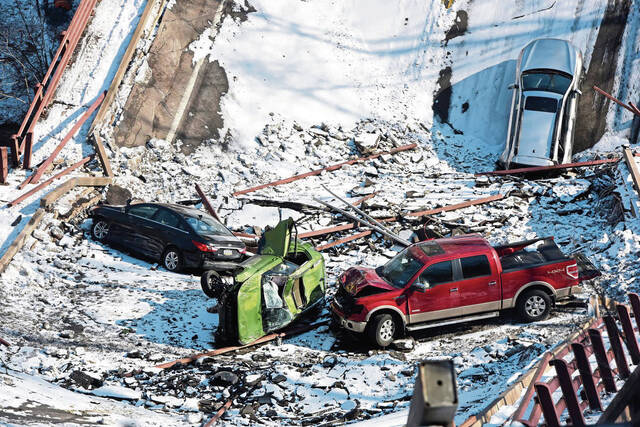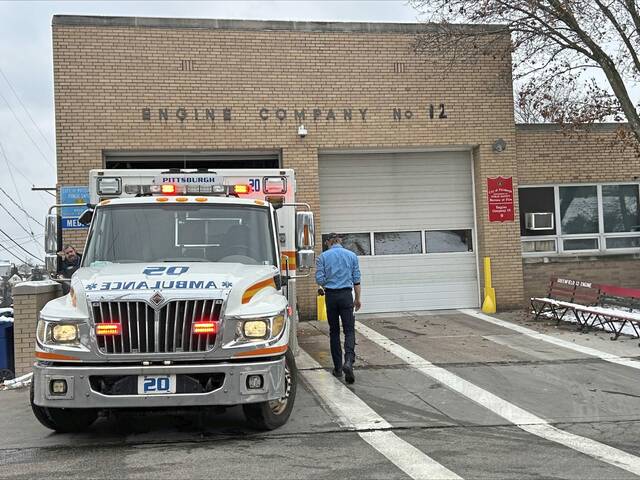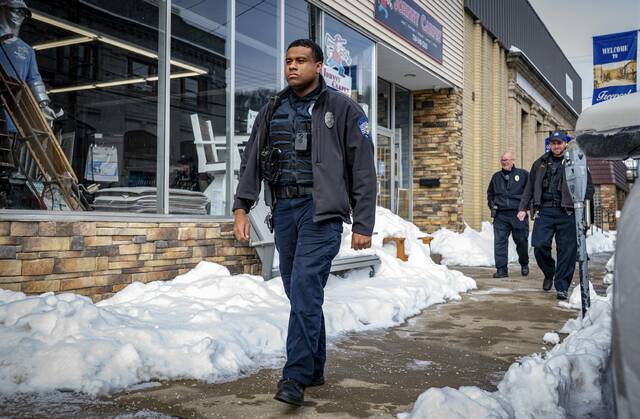The law is supposed to be fair. It is supposed to be rendered equally, no matter who the parties are.
If you sue your neighbor for crashing into your car, the court shouldn’t find more fault than it does for a stranger. If the company behind the product that hurt you is a global giant or a mom-and-pop, the responsibility shouldn’t change.
The law famously is painted as blind to anything but the truth of the cases that come before the court.
In Pennsylvania, sometimes that’s not true.
Specifically, it’s not true in civil cases in which the state or a municipality is the defendant.
For decades, you couldn’t sue these government entities at all. The Tort Claims Act of 1978 changed that after a 15-year-old boy’s arm was caught in a Philadelphia public school’s shredding machine. The law made it possible to hold the state or a municipality accountable for injuries or deaths caused by things like accidents attributable to government failures.
The problem is that hard limits were set for each case: $250,000 for the state and $500,000 for a local government. The second problem? That number isn’t per person; it’s for the entire event. And those amounts haven’t been updated in 46 years.
The state should not be able to absolve itself of responsibility in this way — or to shield lower governments. It also shouldn’t be able to say it is less financially culpable than a borough with fewer than 1,000 people, especially given the state’s ownership and maintenance of the majority of roads, bridges and dams that could cause injury.
It also should be required to update the monetary limits. Fern Hollow Bridge is an example of why.
The National Transportation Safety Board last month accepted findings of the January 2022 bridge collapse, pointing to years of neglected maintenance and repairs of the Pittsburgh-owned bridge.
Eight people were on the bridge when, because of the city’s deliberate inaction, it plummeted into the valley below. Because of the city’s failure, eight people were injured and traumatized.
But because of state law, the most they could be awarded for their battered bodies and bills is $62,500 apiece. Given the woeful negligence involved, that number is embarrassing. The victims can be comforted only by the fact it wasn’t a state-owned bridge, which would make the figure $31,250.
If this were a case that could be taken out of state courts and tried before federal judges, those caps aren’t in play. That’s why a sexual harassment or civil rights case can have a much higher award. Such was the situation with the $8 million settlement in the wrongful death case of Jim Rogers, tased repeatedly by a police officer in 2021.
State lawmakers should be ashamed that this law has not been updated in almost five decades. They should take it as a personal failing that people who have suffered like the Fern Hollow victims or died like Joseph Mollura, medical director at the State Correctional Institution at Pittsburgh when he contracted Legionnaire’s disease in 2016, are dismissed at a discount this way.
The purpose of settlements is not about buying off victims, and therefore the law should not be viewed as a way to reduce costs. State Rep. Emily Kinkead, D-Brighton Heights, is introducing a bill to make changes. It should be given broad bipartisan support.
Lawsuits and settlements are about accountability. Individuals who are negligent are held liable. Businesses are as well. That cost of a lawsuit is part of why people follow the rules. That is why it should be important for the state to be held just as accountable.
Boiled down, the question becomes this: Would the city of Pittsburgh have neglected that bridge for so long had the potential penalty been millions of dollars?








